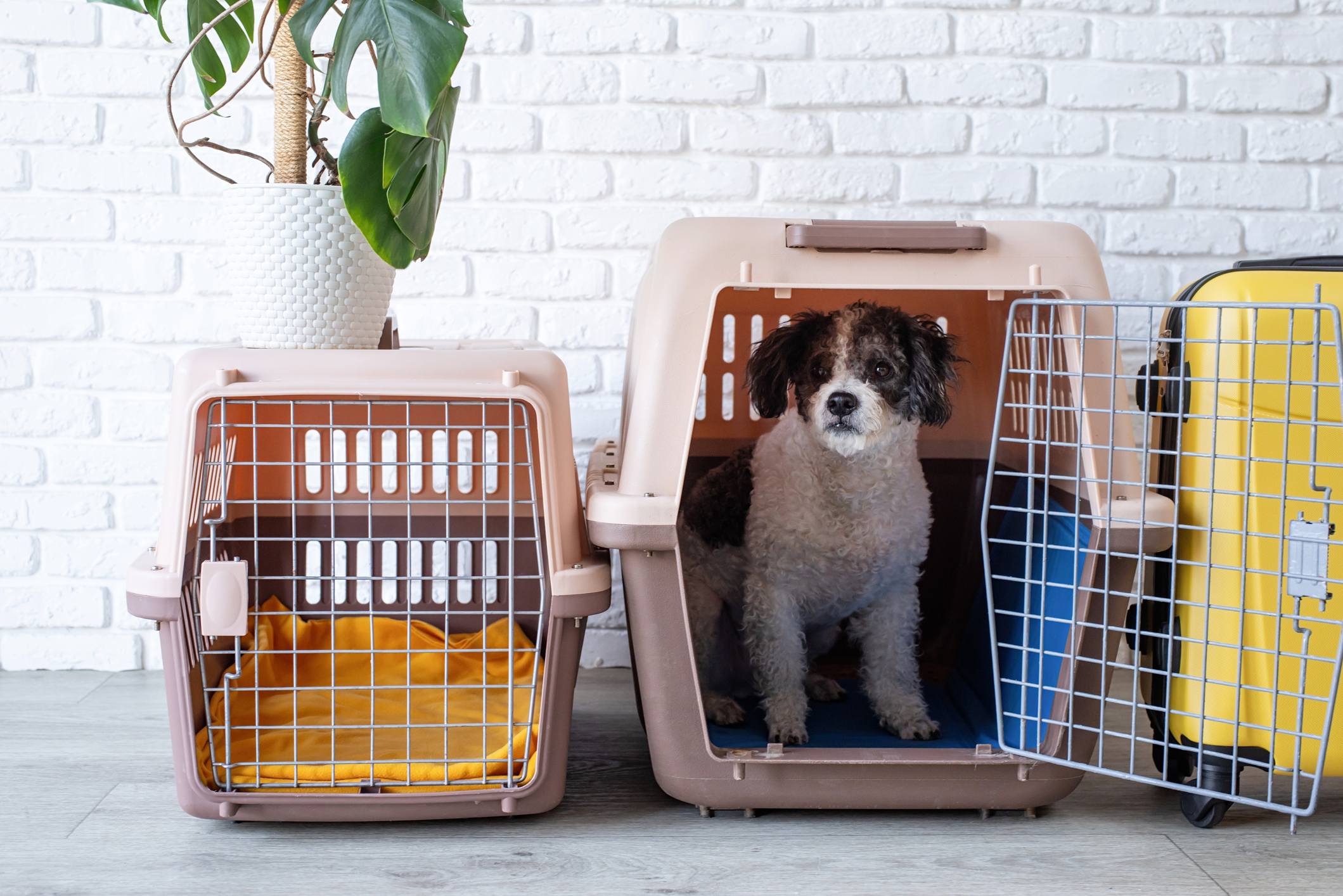How To Prepare for A Hurricane With Pets
Doctor of Veterinary Medicine

While efforts are made to answer all questions as quickly as possible, if an immediate answer is required or if your pet is in need of urgent or emergency care, contact your pet's veterinarian immediately.
Doctor of Veterinary Medicine

You will receive an answer from Dr. Lindsay and our vet/tech team as soon as possible, usually the same day.
All answers are provided for informational or educational purposes only, and are intended to be a supplement to, and not a substitute for, the expertise and professional judgment of your pet's veterinarian.
It may be necessary to consult your pet's veterinarian regarding the applicability of any opinions or recommendations with respect to your pet's symptoms or medical condition.
CloseDoctor of Veterinary Medicine

An error has occurred, please reload the page and try again.
CloseDoctor of Veterinary Medicine

While efforts are made to answer all questions as quickly as possible, if an immediate answer is required or if your pet is in need of urgent or emergency care, contact your pet's veterinarian immediately.
There is no answer related to your question

Each year, thousands of dogs and cats are displaced by hurricanes. Many do not survive, and just a small fraction are reunited with their families.
Yet, while more than 80 percent of pet parents live in a region that may be impacted by a hurricane, less than half have a plan to evacuate with their pets, according to an ASPCA survey.
While more emergency shelters are opening up to accept pets, it’s crucial that you make plans ahead of time to ensure that you’ll never have to leave your four-legged family members behind.
Why It’s Crucial To Plan for Hurricanes
When there’s a hurricane predicted to reach your area, you’ll typically get about 36 hours’ notice. Depending on how the hurricane is graded in your area, you may decide to shelter in place, or you may need to make plans to evacuate.
Whether you evacuate or shelter in place, you’ll likely be unable to access resources for days, even weeks. Essentials like clean water, food, and medications for both you and your pets may not be accessible.
Even when you make plans, conditions can change quickly. Routes may become inaccessible, the hurricane can be upgraded, and shelters can become overwhelmed. It’s crucial to be prepared to adapt and always have a backup plan.
Why Pets Get Displaced During Hurricanes
Our pets may still have some of their innate survival instincts, but they’re unlikely to survive on their own if left behind.
During a hurricane, the most dangerous place for a pet to be is outside. Dogs and cats can get spooked by raging winds, falling trees, and other scary sights and sounds. Pets may flee and get lost, making it impossible for their families to locate them in time to evacuate.
Families have also been forced to leave pets behind when evacuating, especially to an emergency shelter that does not accept companion animals due to safety or space limitations.
Pets left at home can be stranded for days without food and water. Those that escape may be swept up by floods, develop infections after drinking contaminated water, or even encounter dangerous wildlife that has been brought out by the storm. And while most dogs and cats can swim for short periods of time, they’re at risk for drowning when navigating flooded areas.
That’s why it’s absolutely crucial to keep your pet indoors during a hurricane and make plans to take them with you if you evacuate.
What You Can Do Today To Prep for A Hurricane
Though there may not be any hurricane coming your way anytime soon, there are a few things you can do today to help ensure that your pet will be safe.
First, make sure your pet is microchipped, and that their account information is updated with your current contact information. In the event you are separated from your pet, their microchip will help trace them back to you, even if their collar, tags, and other identifying information is lost.
Stock up on at least a week’s worth of supplies, including food, supplements, and medications. Store supplies in a waterproof container with instructions for feeding and administering medication.
Get a hard-sided travel carrier that can protect your pet in transport and from outside elements. Also get a spare leash and harness to store with other emergency supplies, that way you can pack up everything your pet will need at a moment’s notice.
Create an emergency first aid kit with bandages, topical antiseptic for pets, and over-the-counter pain relief so you can treat injuries until you can access veterinary care.
Locate pet-friendly hotels that can be accessed via emergency evacuation routes. Take note that hotels typically have pet fees, limits, and other guidelines that you may need to be aware of before booking your stay.
Make plans to board your pet with a boarding facility, relative, or friend, ideally having several backup plans in case reservations fill up or options otherwise become unavailable.
Keep pets current on vaccines that may be required for travel or boarding. Store veterinary records in a waterproof document case.
Prepping for a hurricane will take, at most, a few hours of your time. Hopefully, you’ll never need to follow through with your emergency plans, but if you ever do, they just might save your pet’s life.
VISION
Every pet deserves to live a long, happy, healthy life.
 Swipe
Swipe


















